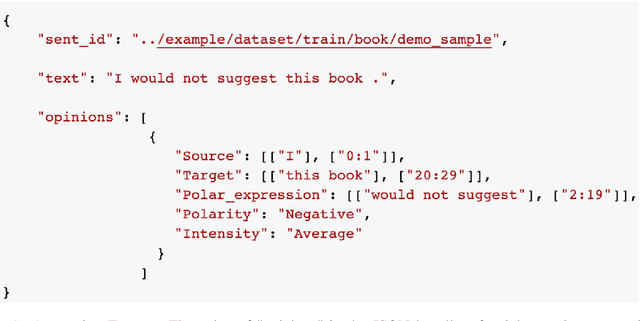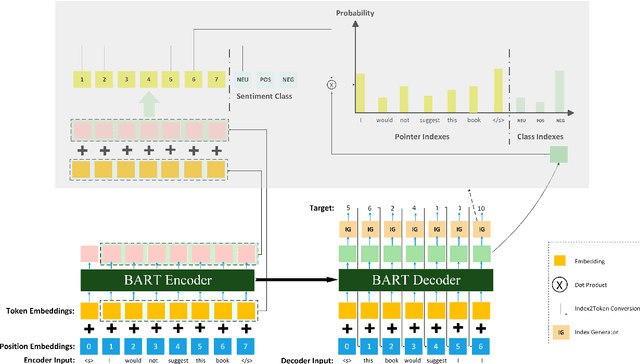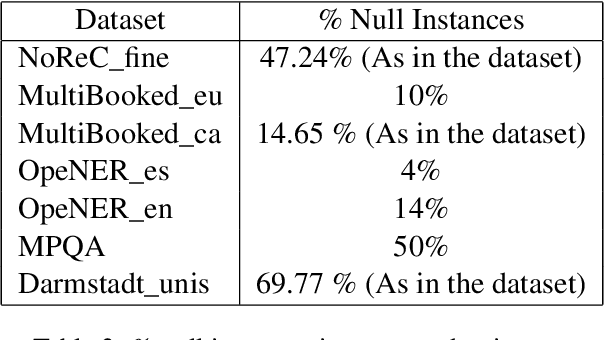Raghav R
Long Dialog Summarization: An Analysis
Feb 26, 2024

Abstract:Dialog summarization has become increasingly important in managing and comprehending large-scale conversations across various domains. This task presents unique challenges in capturing the key points, context, and nuances of multi-turn long conversations for summarization. It is worth noting that the summarization techniques may vary based on specific requirements such as in a shopping-chatbot scenario, the dialog summary helps to learn user preferences, whereas in the case of a customer call center, the summary may involve the problem attributes that a user specified, and the final resolution provided. This work emphasizes the significance of creating coherent and contextually rich summaries for effective communication in various applications. We explore current state-of-the-art approaches for long dialog summarization in different domains and benchmark metrics based evaluations show that one single model does not perform well across various areas for distinct summarization tasks.
ETMS@IITKGP at SemEval-2022 Task 10: Structured Sentiment Analysis Using A Generative Approach
May 01, 2022



Abstract:Structured Sentiment Analysis (SSA) deals with extracting opinion tuples in a text, where each tuple (h, e, t, p) consists of h, the holder, who expresses a sentiment polarity p towards a target t through a sentiment expression e. While prior works explore graph-based or sequence labeling-based approaches for the task, we in this paper present a novel unified generative method to solve SSA, a SemEval2022 shared task. We leverage a BART-based encoder-decoder architecture and suitably modify it to generate, given a sentence, a sequence of opinion tuples. Each generated tuple consists of seven integers respectively representing the indices corresponding to the start and end positions of the holder, target, and expression spans, followed by the sentiment polarity class associated between the target and the sentiment expression. We perform rigorous experiments for both Monolingual and Cross-lingual subtasks, and achieve competitive Sentiment F1 scores on the leaderboard in both settings.
 Add to Chrome
Add to Chrome Add to Firefox
Add to Firefox Add to Edge
Add to Edge